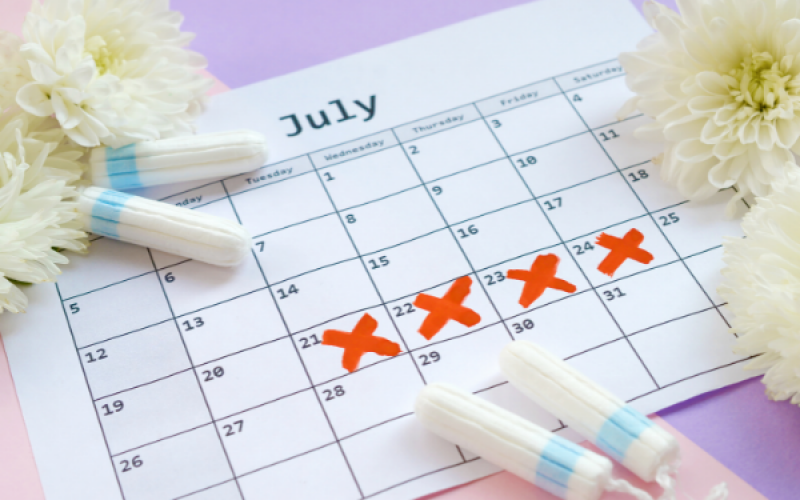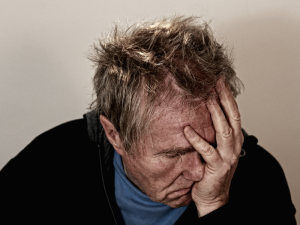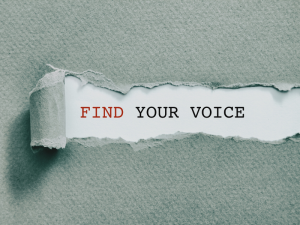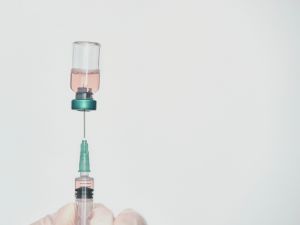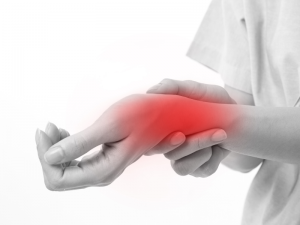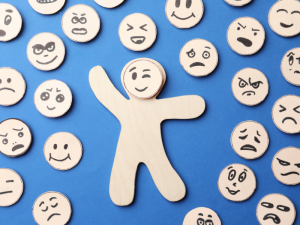The onset of menstruation is a physical and emotional event in a person’s reproductive life. Most will have their first period between the ages of 10 and 14, and depending on the type of contraception used, they will menstruate monthly until menopause typically around age 51.
Expectations vary hugely about what is defined as “normal” menstruation. 51% of people on the planet have a period every month, on average, for 40 years; therefore, menstrual health forms an integral part of well-being. It’s an essential indicator of health, often overlooked by lifestyle, external factors, and chronic stress. If you have female anatomy apart from a gynaecologist, when was the last time a health professional asked about your menstrual cycle as part of taking a general case history? As an osteopath, I do, and many patients are surprised.
The American College of Obstetricians and Gynaecologists (ACOG) considers periods and the menstrual cycle to be the fifth vital sign – meaning menstruation is as essential as changes in blood pressure, pulse, breathing rate, and body temperature. It also informs what happens at the end of the female reproductive years and the transition to post-menopause. Every *menstruator needs to be an expert on their story and experience.

Other terms and slang for menstruation
- Monthlies.
- Lady Business
- Visit from Aunt Flo.
- One’s friend.
- Crimson Tide.
- That time.
- The curse.
- Having the painters in
- On the rag

Stigma
Menstruation stigma or period stigma are terms used to describe the discrimination menstruating people face. Self-stigma may cause many to tolerate unnecessary bleeding, pain and other associated symptoms, significantly affecting their lives, education and sports, work, family and social life, and general quality of life.
Society’s stigma around periods remains and can cause shaming as “dirty” or “unclean” Or inappropriate jokes about premenstrual syndrome (PMS). These forms of stigma can be compounded by “period poverty”, defined as the lack of access to safe and hygienic menstrual products during monthly periods.
The term “menstrual health” links periods with general health, well-being, education, empowerment, equality, gender, and rights. Learning how your body and brain work should be considered a life skill, but sadly, most of us know more about the technology we carry around than the thing that carries us around – our body!
Tracking
Getting in the habit of tracking periods and monitoring changes on a month-to-month basis could provide four decades- that 40 years of valuable information about hormonal health. That could be as simple pen and paper on the calendar or in a diary. Or use one of the many Apps (most are free) to predict and record your cycle over time, and they can also send reminders to reduce the risk of being unprepared.
Tips for tracking periods.
- Note the start and end.
- Record if it’s getting longer or shorter.
- Note heaviness by day.
- Record if they are painful. While this is common, it’s not normal.
- Note other symptoms: mood, energy levels, appetite.
- Record any associated pain; while back, leg or joint pain is common, it’s not normal either.
- Note gut and bowel changes, such as bloating, loose stools, and constipation.

If things change for the worse, or you have concerns, take this information to your doctor or gynaecologist.
Finally, is there a group raising the profile of menstrual health in political and policy agendas? The Menstrual Health Coalition (MHC) aims to reduce the stigma around talking about periods and campaign for change to help women adversely affected by their menstrual health.
* Menstruator – people including girls, women, transgender and non-binary persons who menstruate/have periods. It’s a much more inclusive term for informed healthcare providers and others.

